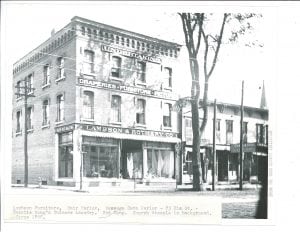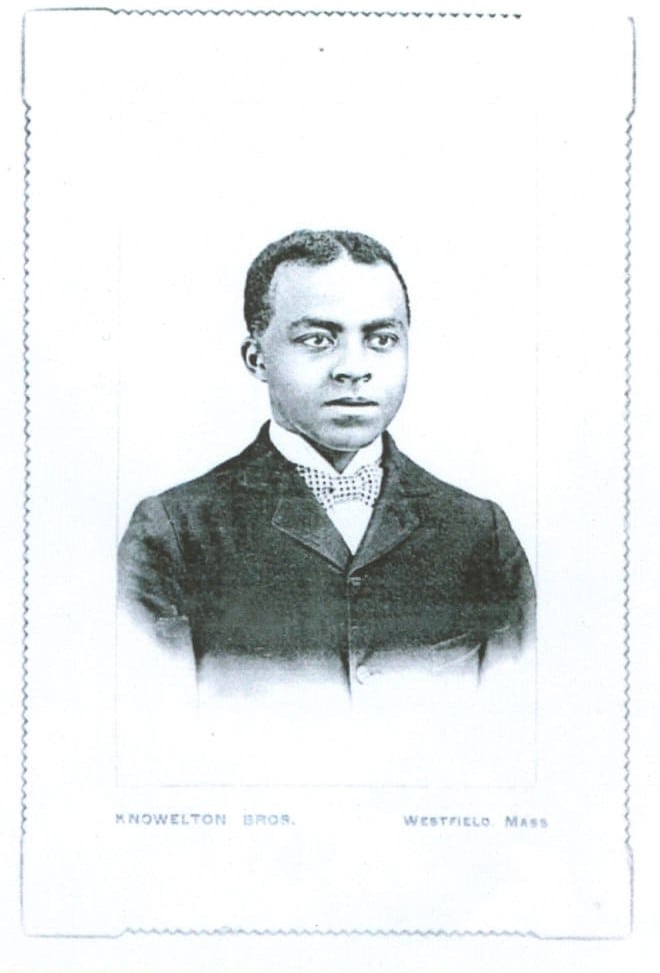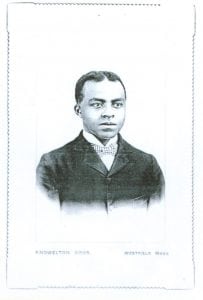by Sarah Hunter, intern, WSU ’20
WESTFIELD – In 1658, Harlem, NY was formally organized as a Dutch village. It wasn’t until the 1900s when it became the cultural epicenter that people know it as today. The Harlem we know today is a hub of art and culture including, but not limited to, American jazz and poetry that draws in diverse crowds day after day.
We owe much of that development to Westfield native, Philip A Payton, Jr.
Payton was born in Westfield, Massachusetts on February 27th, 1876 and was the second of four children born to Philip A. Payton and Anna M. Payton. His father was a barber by trade and had a shop on Elm street in Westfield where his wife ran a hairdressing shop above it. The same building still stands today at 77-79 Elm Street. Payton worked in the family’s barber shop until 1899, when he decided to move to New York. In New York he got his start in real estate working as a porter at a real estate company.
About a year into his time there, he began to have ideas of starting his own company and Brown and Payton Real Estate Company was formed in 1900. This company would turn out unsuccessful but Payton continued on by himself after Brown’s departure in the spring of 1901.
In an interview with the New York Age in 1911, Payton describes his first break as “a result of a dispute between two landlords in West 134th Street. To ‘get even’ one of them turned his house over to me to fill with colored tenants. I was successful in renting and managing this house, after a time I was able to induce other landlords to … give me their houses to manage.”
In 1904, with the help of affluent black Americans, such as Booker T. Washington, he, along with business partner James C. Thomas, chartered the Afro-American Realty Company. Their company’s biggest competitor was the Hudson Realty Company, which started buying up buildings and evicting black tenants. In response to this, the Afro-American Realty Company bought up the adjacent buildings, evicted Hudson’s white tenants and replaced them with black tenants. This started what The New York Times dubbed the “Real Estate Race War.” although, this wouldn’t be the last of their troubles.

The Payton Block on Elm St. in Westfield where Philip A Payton, Jr.’s father’s barber shop was located next door to Lambson Furniture. (Photo courtesy of the Westfield Athenaeum)
The company faced their hardest challenge in 1906. Stockholders of the company filed a lawsuit against the Afro-American Realty Company for exaggerating the amount of property owned and for failing to disclose how much of the property was mortgaged. The New York Times in 1907 reported that this case led to Payton being arrested for civil fraud charges. The Afro-American Realty Company ceased operations a year after. Even after the company shut down, Payton continued to buy and manage real estate for black tenants in Harlem as the Philip A. Payton Jr. Company. His largest deal was made in 1917 for 1.5 million dollars he sold six apartment houses, all of which were renamed after prominent Black Americans.
According to his 1917 obituary, Payton died of liver cancer at age 41 in Allenhurst, New Jersey a month after this deal was made. The Philip A. Payton Jr. Company survived after his death until 1922. Due to his efforts, Harlem remains a largely black community today. Payton and his family are buried in Westfield’s Pine Hill Cemetery.









